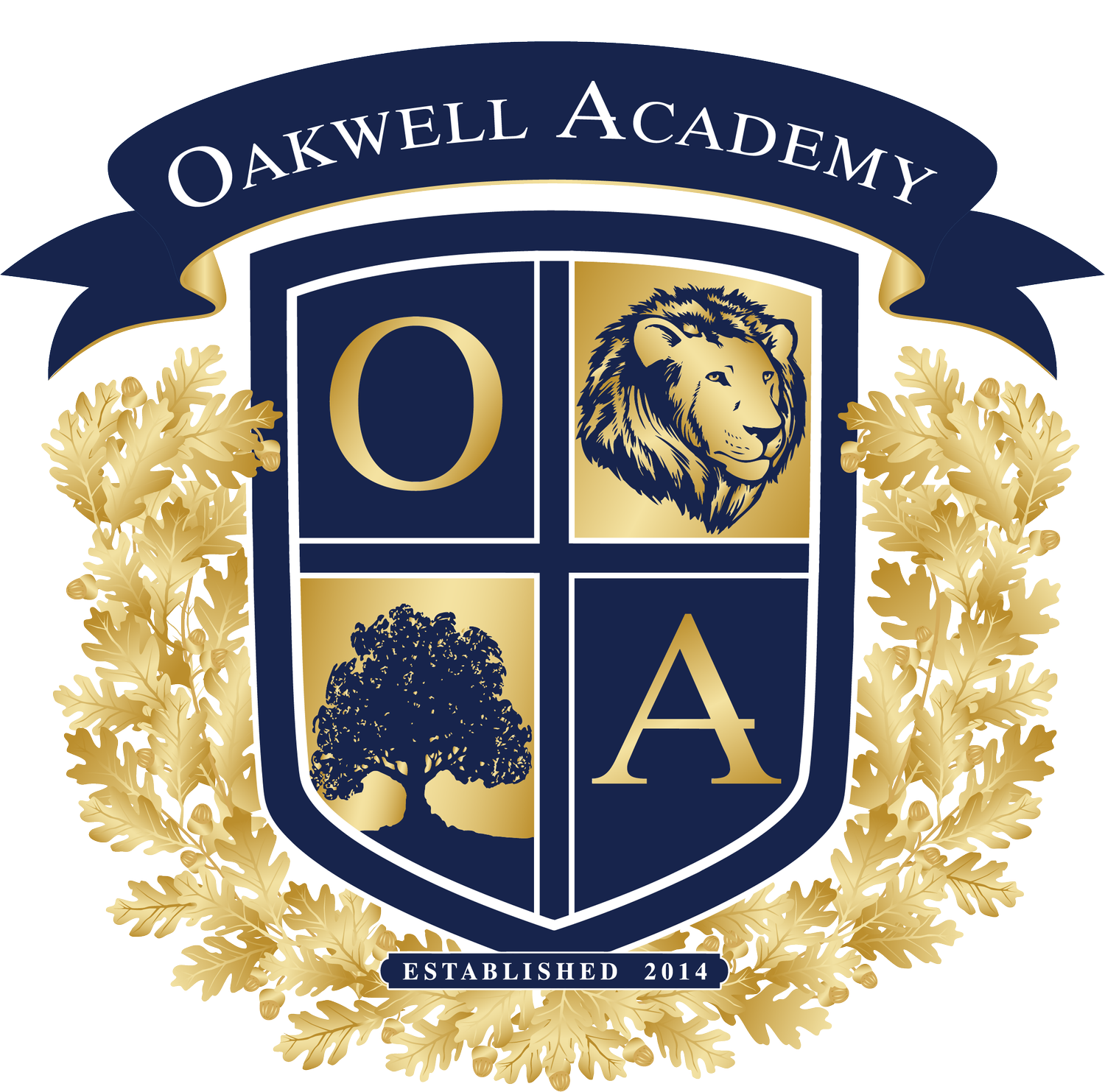General FAQ
What is the difference between homeschool co-ops and University-Model® Schools (UMS)?
UMS and homeschool co-ops should not be equated. Homeschool co-ops are a good way for homeschooling families to pool their resources and expertise for specific and usually short-term study projects. One parent, for instance, may be especially proficient in math or science and teach a group of students that subject for a period of time. Generally speaking, homeschool co-ops are age-integrated, specialized, parent-run, and do not simulate a college structure. In some cases, co-ops also take over the primary responsibility of teaching certain courses instead of integrating the teacher and parent effectively for each course as is done in the University-Model®. UMS is also different by virtue of having specific grade levels, consistent accountability from semester to semester, a full spectrum of courses complete with prerequisites and diploma plans, and a professional administration and faculty responsible for curriculum and instruction, partnering with parents to deliver some of the instruction in the lower schools.
What if parents are not teachers? How can they co-teach their children if they have never homeschooled?
Parents need not have teaching experience. Oakwell Academy takes the lead in the area of academics. New concepts are introduced and taught at school by paid professional faculty while the application of the concept often takes place at home, much like that of college studies. Oakwell Academy teachers provide detailed course overviews and online assignment sheets each week while maintaining open lines of communication. Parents act as co-instructors under the guidance and direction of the classroom teacher. Bear in mind that as a child progresses to higher grade levels, the academic role of the parent gradually migrates from that of co-instructor to proctor/mentor, so that by the time a student graduates he is prepared (trained and experienced) to assume the individual responsibility required for success at the collegiate level.
I have children in several different grade levels. How much time will each need to spend doing schoolwork on their days at home?
A rule of thumb at University-Model Schools® is that for every hour spent in the classroom, an additional hour to hour-and-a-half on each core subject (Math, Language Arts, Science and History) is required in the “satellite classroom” at home. This rule, of course, varies according to the need and increases a bit as students progress to higher grades. If a student is academically strong in a particular area, perhaps less time will be needed. If a student is weak in a subject or the subject is particularly challenging, then more time will be needed. Parents need to be alert to each of their children’s individual needs and lead them accordingly in the structuring of their time.
My wife and I both work full-time outside our home. Will Oakwell be a good fit for our family?
Probably not. One of the most important ingredients in the success of the university model is an available parent who can assist and properly work with the student. For a family in which both parents work outside the home on a full-time, or almost full-time, basis, a more traditional 35-40 hours/week school is probably a better choice.
Since parents are team teaching with the teachers at school, how does communication take place between the two?
Communication between teachers and parents plays a large role in a UMS, and there are several ways that clear communication can take place. Vitally important are the weekly lesson plans and assignment sheets that are prepared by the classroom teacher and made available to parents and students online. Instructions to parents are included as part of these assignment sheets, as are long-term study projects that are forthcoming. Parents are also invited to communicate any of their questions back to the teacher as needed.


